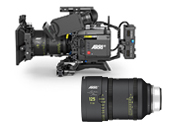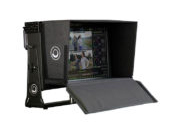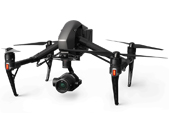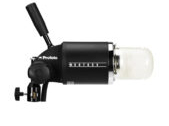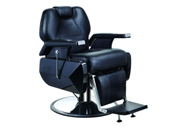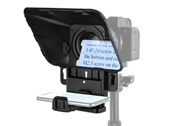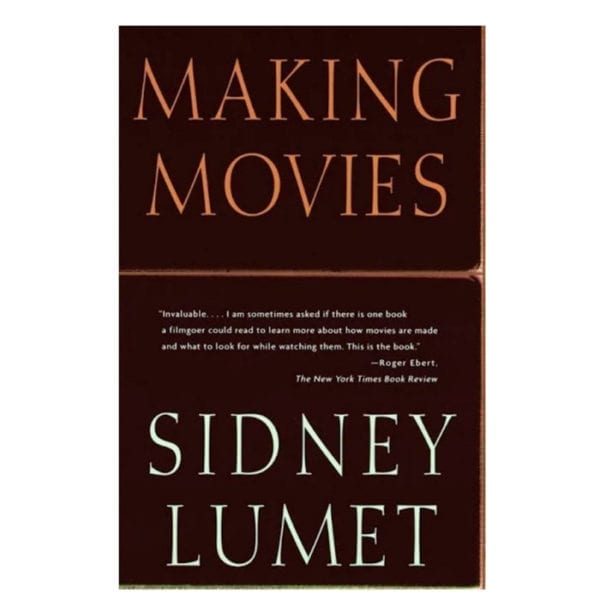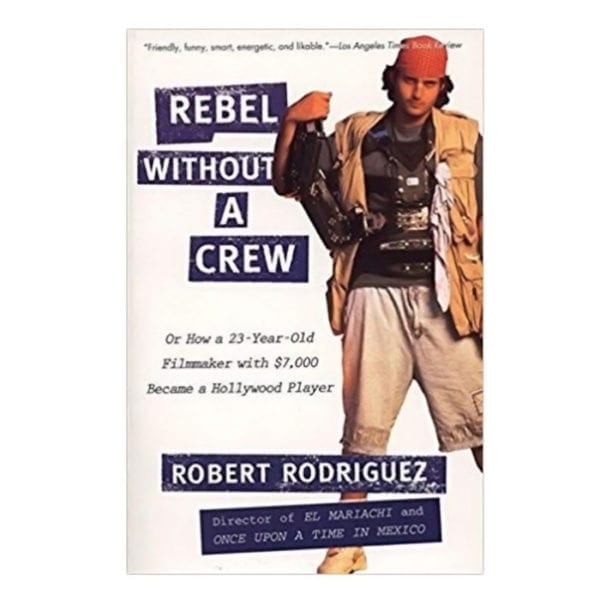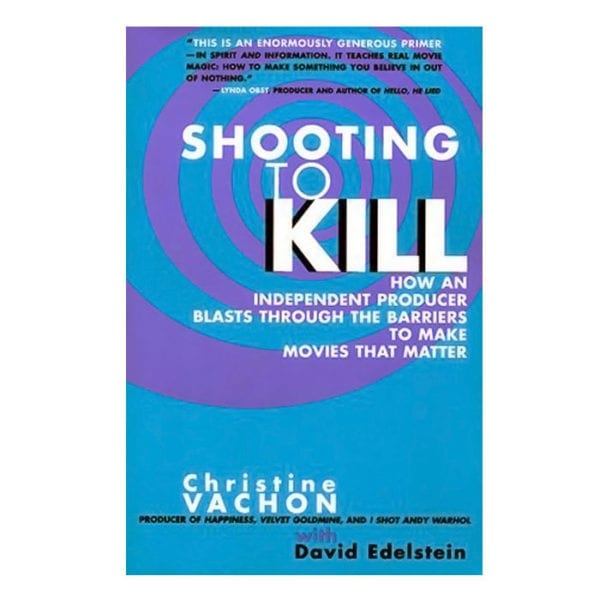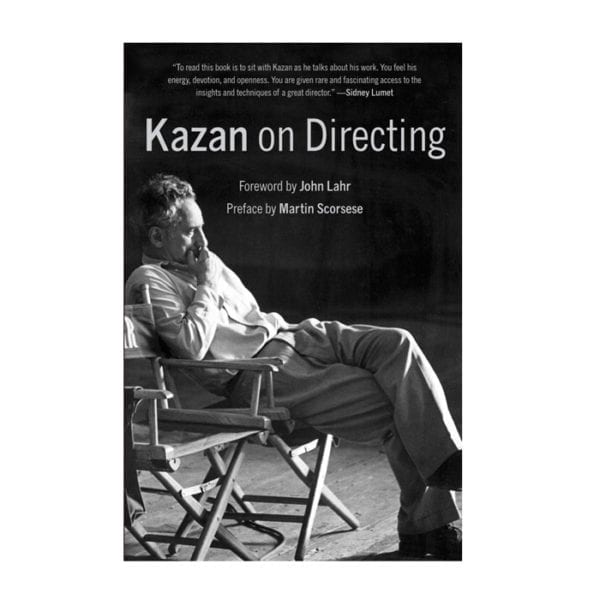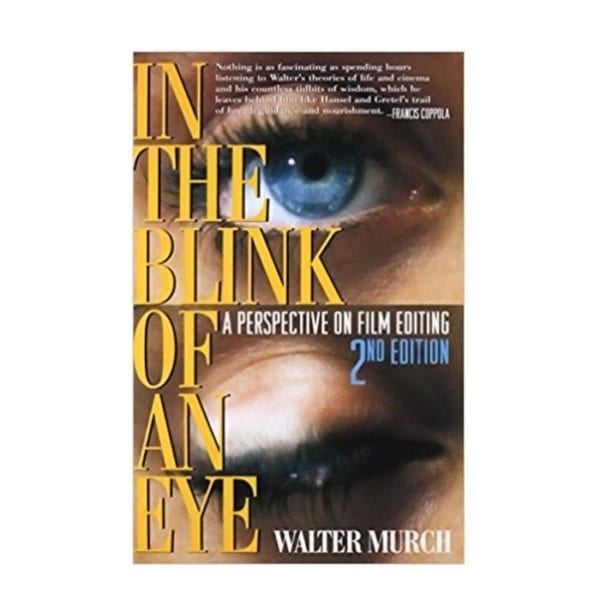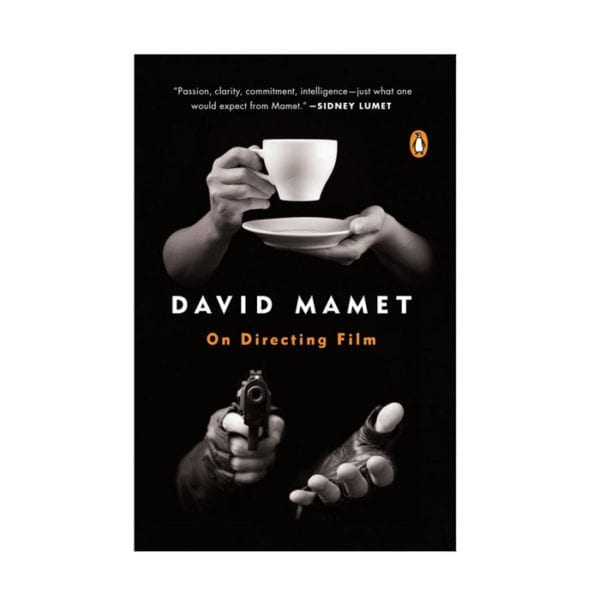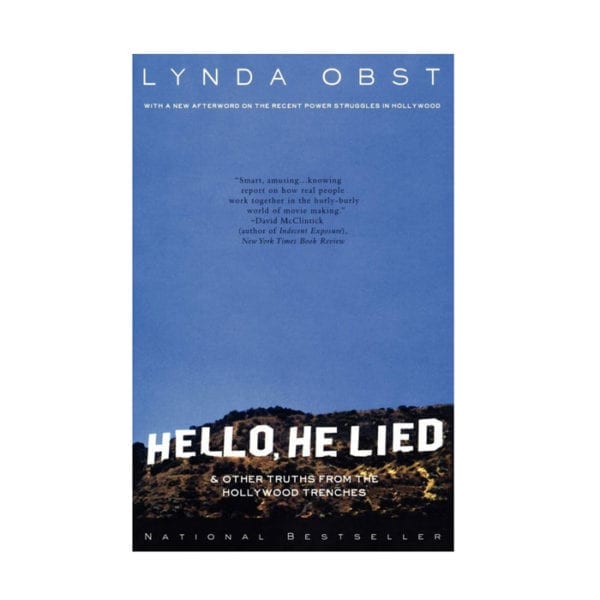Making Movies by Sidney Lumet
From one of America's most acclaimed directors comes a book that is both a professional memoir and a definitive guide to the art, craft, and business of the motion picture. Drawing on 40 years of experience on movies ranging from Long Day's Journey Into Night to The Verdict, Lumet explains the painstaking labor that results in two hours of screen magic.
Rebel Without a Crew by Robert Rodriguez
In Rebel Without a Crew, famed independent screenwriter and director Robert Rodriguez (Sin City, Sin City 2, Once Upon a Time in Mexico, Spy Kids) discloses all the unique strategies and original techniques he used to make his remarkable debut film, El Mariachi, on a shoestring budget. This is both one man's remarkable story and an essential guide for anyone who has a celluloid story to tell and the dreams and determination to see it through. Part production diary, part how-to manual, Rodriguez unveils how he was able to make his influential first film on only a $7,000 budget.
Shooting to Kill by Christine Vachon
Complete with behind-the-scenes diary entries from the set of Vachon's best-known films, Shooting to Kill offers all the satisfaction of an intimate memoir from the frontlines of independent filmmakers, from one of its most successful agent provocateurs and survivors. Hailed by the New York Times as the "godmother to the politically committed film" and by Interview as a true "auteur producer," Christine Vachon has made her name with such bold, controversial, and commercially successful films as "Poison," "Swoon," Kids," "Safe," "I Shot Andy Warhol," and "Velvet Goldmine."Over the last decade, she has become a driving force behind the most daring and strikingly original independent filmmakers-from Todd Haynes to Tom Kalin and Mary Harron and helped put them on the map.
Kazan on Directing by Elia Kazan
Elia Kazan was the mid-twentieth century’s most celebrated director of both stage and screen, and this book shows us the master at work.
Kazan directed virtually back to back the greatest American dramas of the era—by Arthur Miller and Tennessee Williams—and revolutionized theatre and film with dynamic action, poetic staging, and rigorous naturalism. His list of Broadway and Hollywood successes—A Streetcar Named Desire (stage and screen), All My Sons, Death of a Salesman, Cat on a Hot Tin Roof, On the Waterfront, East of Eden, Baby Doll, America America, to name only a few—is a testament to his profound impact on the art of directing. Kazan’s insights into these and other classic stage works shaped their subsequent productions—and continue to do so. There is no directorial achievement in America equal to his.
This remarkable book, drawn from his notebooks, letters, interviews, and autobiography, reveals Kazan’s method: how he uncovered for himself the “spine” or core of each script and each character; how he analyzed each piece in terms of his own experience; how he determined the specifics of his production, from casting and costuming to set design and cinematography. And we see how he worked with writers on scripts and with actors on interpretation.
The final section, “The Pleasures of Directing”—essays Kazan was writing in his last decade—is informal, provocative, candid, and passionate; a wise old pro sharing the secrets of his craft, advising us how to search for ourselves in each project, how to fight the system, and how to have fun doing it.
Published in Kazan’s centenary year, this monumental, revelatory book, edited by Robert Cornfield, is essential reading for everyone interested in American movies and theatre.
In the Blink of an Eye by Walter Murch
In the Blink of an Eye is celebrated film editor Walter Murch's vivid, multifaceted, thought-provoking essay on film editing. Starting with what might be the most basic editing question - Why do cuts work? - Murch treats the reader to a wonderful ride through the aesthetics and practical concerns of cutting film. Along the way, he offers his unique insights on such subjects as continuity and discontinuity in editing, dreaming, and reality; criteria for a good cut; the blink of the eye as an emotional cue; digital editing; and much more. In this second edition, Murch reconsiders and completely revises his popular first edition's lengthy meditation on digital editing (which accounts for a third of the book's pages) in light of the technological changes that have taken place in the six years since its publication.
On Directing Film by David Mamet
According to David Mamet, a film director must, above all things, think visually. Most of this instructive and funny book is written in dialogue form and based on film classes Mamet taught at Columbia University. He encourages his students to tell their stories not with words, but through the juxtaposition of uninflected images. The best films, Mamet argues, are composed of simple shots. The great filmmaker understands that the burden of cinematic storytelling lies less in the individual shot than in the collective meaning that shots convey when they are edited together. Mamet borrows many of his ideas about directing, writing, and acting from Russian masters such as Konstantin Stanislavsky, Sergei M. Eisenstein, and Vsevelod Pudovkin, but he presents his material in so delightful and lively a fashion that he revitalizes it for the contemporary reader.
Hello, He Lied by Lynda Obst
"Never go to a meeting without a strategy." "Ride the horse in the direction it's going." These are just two of the gems unearthed from the trenches of Hollywood by Lynda Obst, one of the most successful producers in the movie business today. In Hello, He Lied, Obst offers real, practical advice to would-be professionals in any field: "Thou shalt not cry at work," "thou shalt not appear tough," "thou shalt return all thy phone calls," and more. She takes us inside high-pressure meetings with David Geffen, onto the set of Sleepless in Seattle, and into the heated negotiations for The Hot Zone and reveals what she's learned in more than twenty years in the business: how to swim with the sharks and not get eaten.

